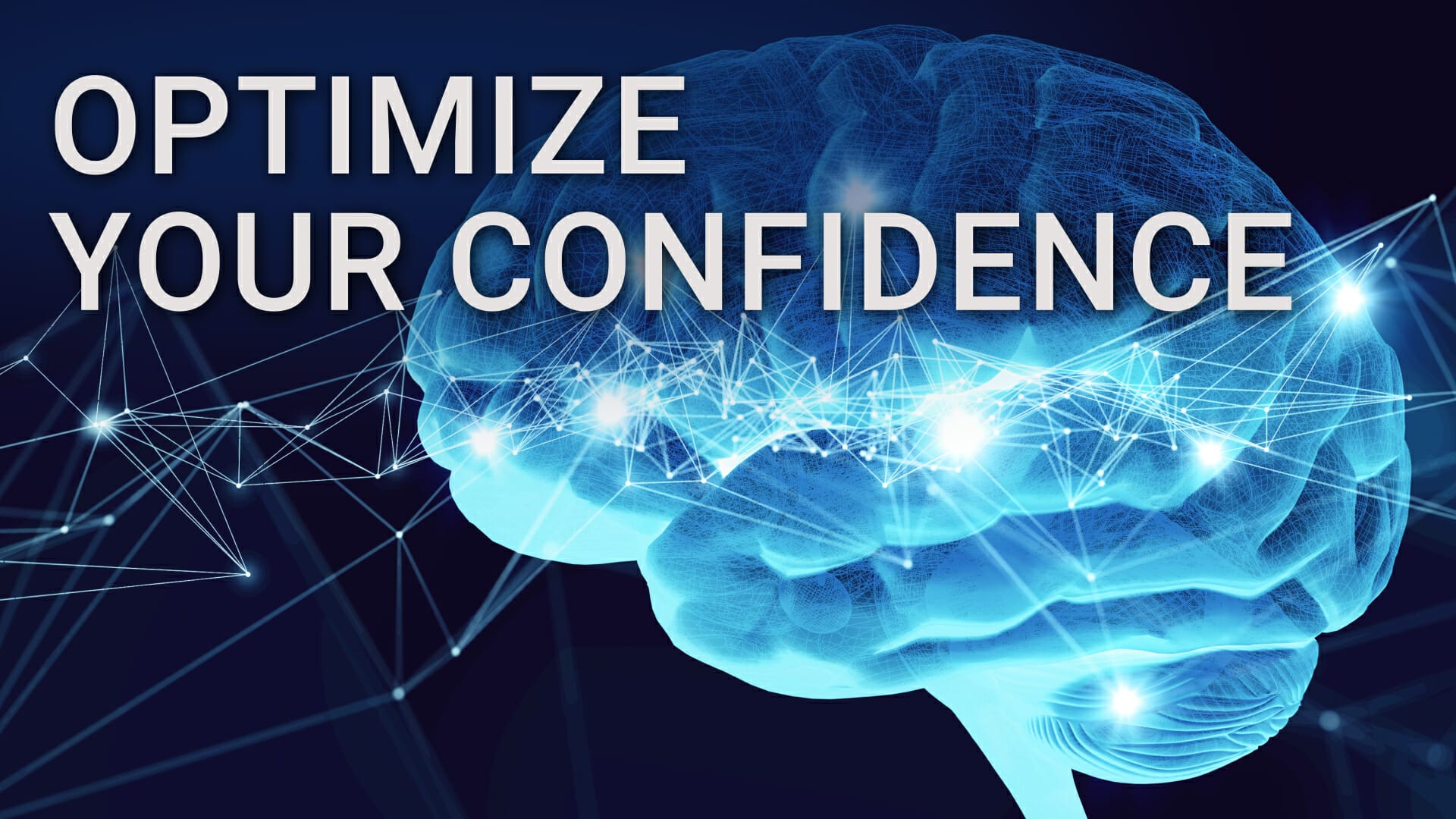Researchers at the Stanford School of Medicine just used brain imaging to see what actually happens in the brain during hypnosis. They discovered changes in the neural activities that underlie focused attention, enhanced somatic and emotional control, and more.
People in hypnosis “can picture something that makes them stressed, but they can imagine that their bodies are floating and comfortable,” said the study’s senior author, Stanford psychiatry professor David Spiegel. “So, when you are thinking about something, you can better control how your body responds to that thought.”
Spiegel concluded, “This is showing that hypnosis is not a parlor trick or a magic show, It is a neurobiological phenomenon.”
Read the study now at https://academic.oup.com/cercor/article/27/8/4083/3056452



